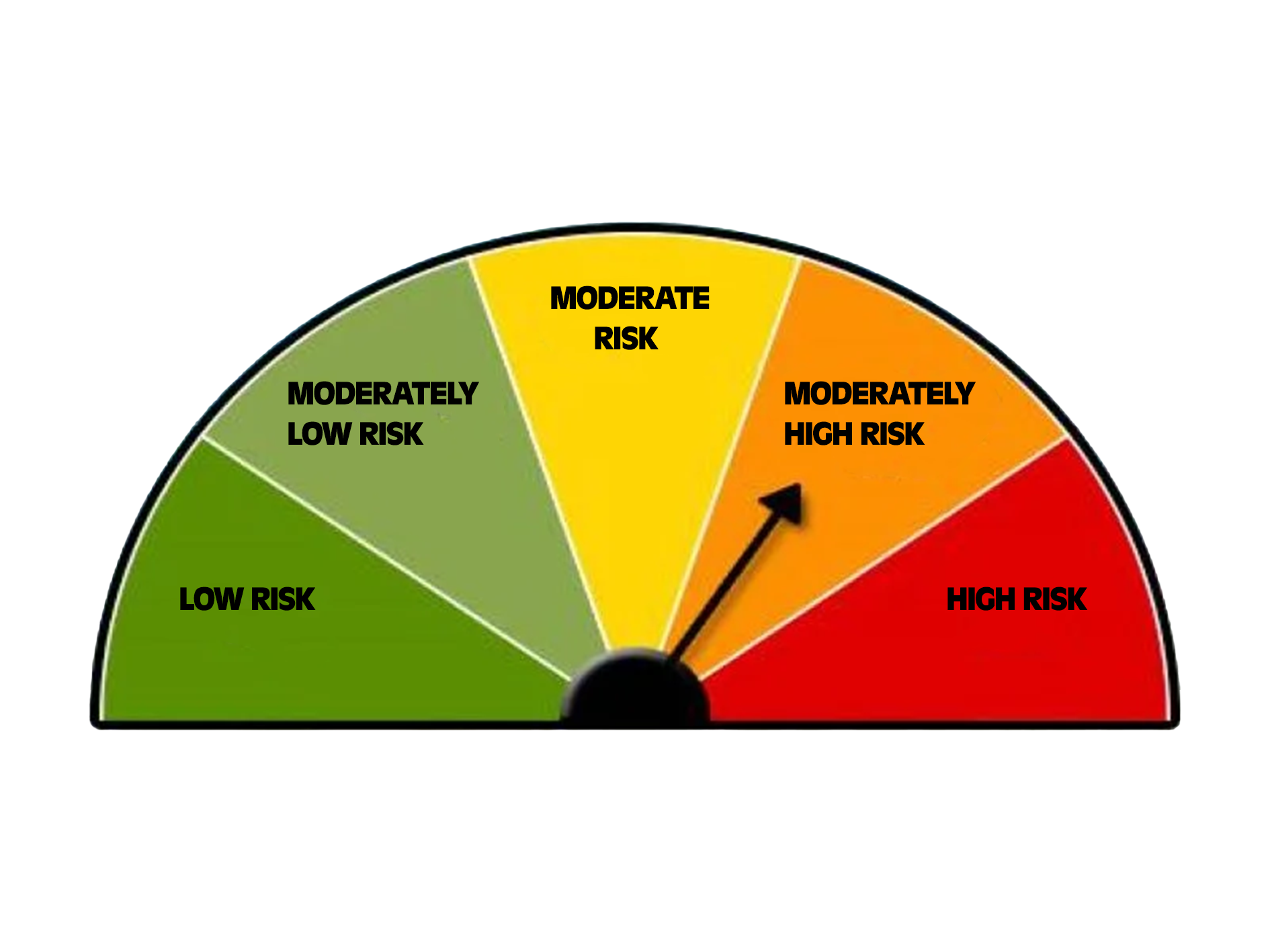The Governor of the Reserve Bank of India (RBI) in his ‘Statement on Developmental and Regulatory Policies’ of December 7, 2022, announced special features like ‘Single-Block-and-Multiple-Debits (SBMD)’ within the UPI framework.
Under the SBMD framework, once the UPI customer has given consent to block the money in their bank account, the merchant can make multiple debits up to a maximum permitted amount instead of a single payment currently allowed. Thus, once the new functionality is enabled, the merchant will be able to make multiple debits for a maximum up to the permitted limit. Another new feature of UPI is that if the customer blocked a certain amount of money with an online shopping website, the online shopping website will deduct the money from the blocked amount for every purchase made by the customer. It will facilitate making smoother e-payments and increase the efficiency of online checkouts during e-commerce transactions. This will also build a higher degree of trust in transactions as merchants will be assured of timely payments, while the funds remain in the customer’s account till the actual delivery of goods or services.
Unified Payments Interface (UPI) is a mobile-based, 365x24x7 ‘fast payment’ system. Through UPI, users can send and receive money instantly by means of a Virtual Payment Address (VPA) set by the users themselves. The unique feature of VPA-based transactions is the secure aspect of UPI architecture as it removes the need for sharing an account or bank details with the remitter. UPI supports carrying out person-to-person (P2P) and person-to-merchant (P2M) payments and facilitates immediate money transfer through pull and push payments, merchant payments, utility bill payments, QR code (scan and pay) based payments, etc. Non-financial transactions such as mobile banking registration, balance inquiry, etc.
Today’s statement of RBI on Enhancements to the Unified Payments Interface (UPI) is as follows.
“Unified Payments Interface (UPI) has emerged as a popular retail payments system for Person to Person (P2P) and Person to Merchant (P2M) transactions. UPI has features that enable the processing of mandates for recurring transactions and single-block-and-single-debit functionality. Consequently, over 70 lakh autopay mandates are handled every month, and more than half of Initial Public Offer (IPO) applications are processed using the block feature of UPI. The capabilities of UPI can be enhanced to enable a customer to create a payment mandate against a merchant by blocking funds in his/her bank account for specific purposes which can be debited, whenever needed. This would be helpful for hotel bookings, the purchase of securities in the secondary capital market, and also the purchase of government securities using the RBI’s Retail Direct scheme, e-commerce transactions, etc. This will build a higher degree of trust in transactions as merchants will be assured of timely payments, while the funds remain in the customer’s account till the actual delivery of goods or services. It has, therefore, been decided to introduce the functionality of a single-block-and-multiple debit in UPI, which will significantly enhance the ease of making payments in the e-commerce space and towards investments in securities. Separate instructions to NPCI will be issued shortly”.
Related Posts:
R







